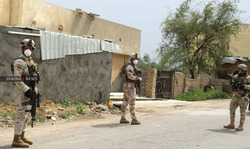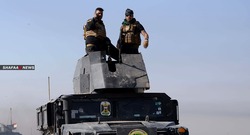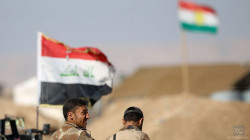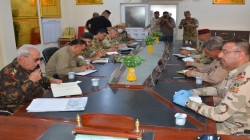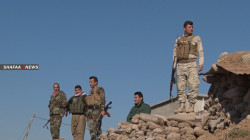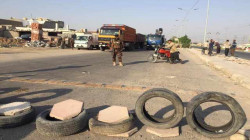One game for every 1.000 children.. Two-thirds of Diyala’s residents spend Eid in shrines and cemeteries
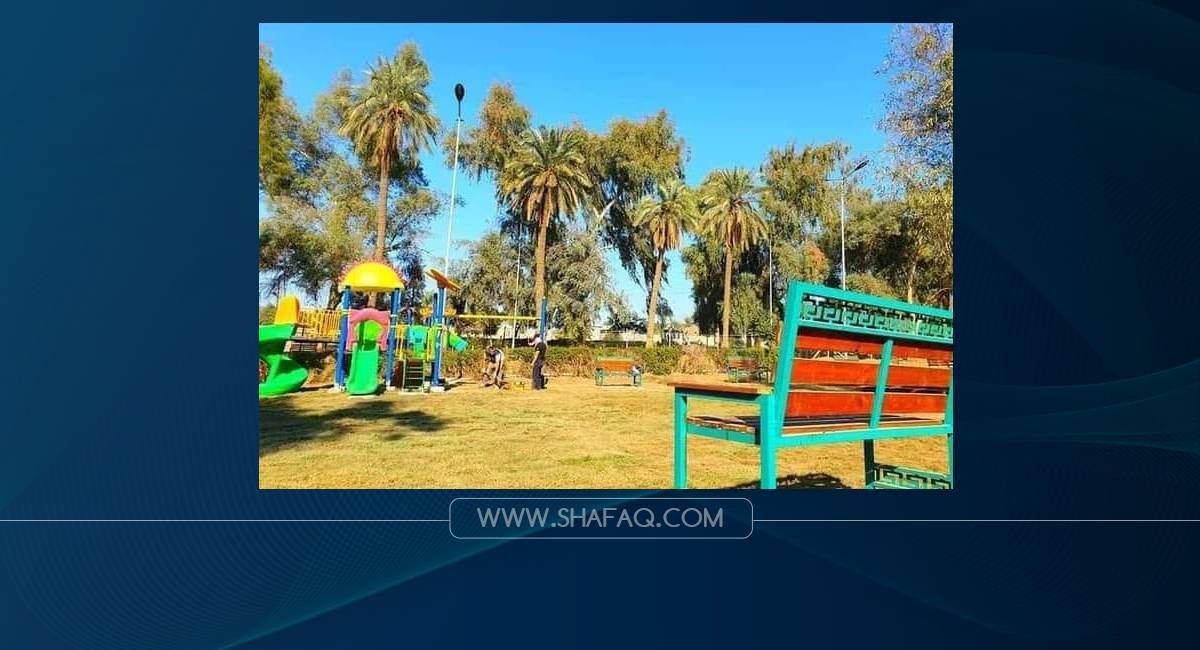
Shafaq News / The majority of the people in Diyala governorate choose to spend their holidays in cemeteries and religious shrines because the region lacks conventional tourist attractions.
"The ramifications of the security situation and the conflicts of sectarian politicians have disrupted urban projects, especially tourism, from Baquba to the provincial center to all administrative units except Khanaqin, which is characterized by special nature and circumstances," civil activist Murad al-Azzawi told Shafaq News agency.
He continued, "More than 70% of Diyala's residents spend holidays in religious shrines and cemeteries, while the wealthy and those with above-average incomes travel to Kurdistan or neighboring countries, while the poor and low-income classes remain entrapped in shrines and cemeteries, praying for better living conditions.
"The majority of parks in Diyala are simple and primitive compared to those in other governorates," said Maher al-Saadi, a contractor who works on simple parks, attributing this to "the dominance of political actors and implementers in tourism development projects, limiting them to projects and games that provide significant financial returns."
"The standard of parks in Diyala is one game for every 1,000 children, according to semi-official statistics of activists and human rights organizations," al-Saadi told Shafaq News agency, noting that, "most administrative units lack the required tourist facilities, except Baquba, which contains two parks between the two bridges and the Furusiya (equestrian) club, despite their need for further reconstruction and development with the rising population expansion."
"The cemetery is witnessing a lot of visitors during Eid al-Fitr and Eid al-Adhha, visiting their buried loved ones and family who fell as a result of terrorist incidents in Diyala," said Ahmed Ihsan, a street vendor at Baquba's largest cemetery, al-Sharif Cemetery.
"Families prioritize visiting cemeteries on the first day of Eid in Baquba and several other areas of Diyala, followed by visiting the few nearby tourist attractions, and finally visiting religious shrines," said Ihsan.
Limiting holidays in Diyala to shrines is both happy and sad, according to Ahmed Arkan al-Rubaie, information officer for the Special Secretariat for Religious Shrines in Diyala.
"The joyful aspect is participating in worship at temples and shrines and observing the urban renewal of all the religious landmarks. On the other hand, despite Diyala's significance as a small Iraq with a diverse population and a rich historical and cultural heritage, the sad part is the absence of entertainment venues and parks."
He also outlined the plan for religious shrines during Eid al-Adha by extending the working staff from 8 to midnight in coordination with the centers and security services, adding that roaming religious parks ends at 8:30 p.m. in all administrative units except for religious shrines in Baquba, where families throng until midnight.
Due to power struggles, corruption, and unstable security since the overthrow of the previous regime, the tourism sector in Diyala Governorate has been steadily declining, and there are significantly fewer parks there than in Baghdad, the Kurdistan Region, and other governorates.
